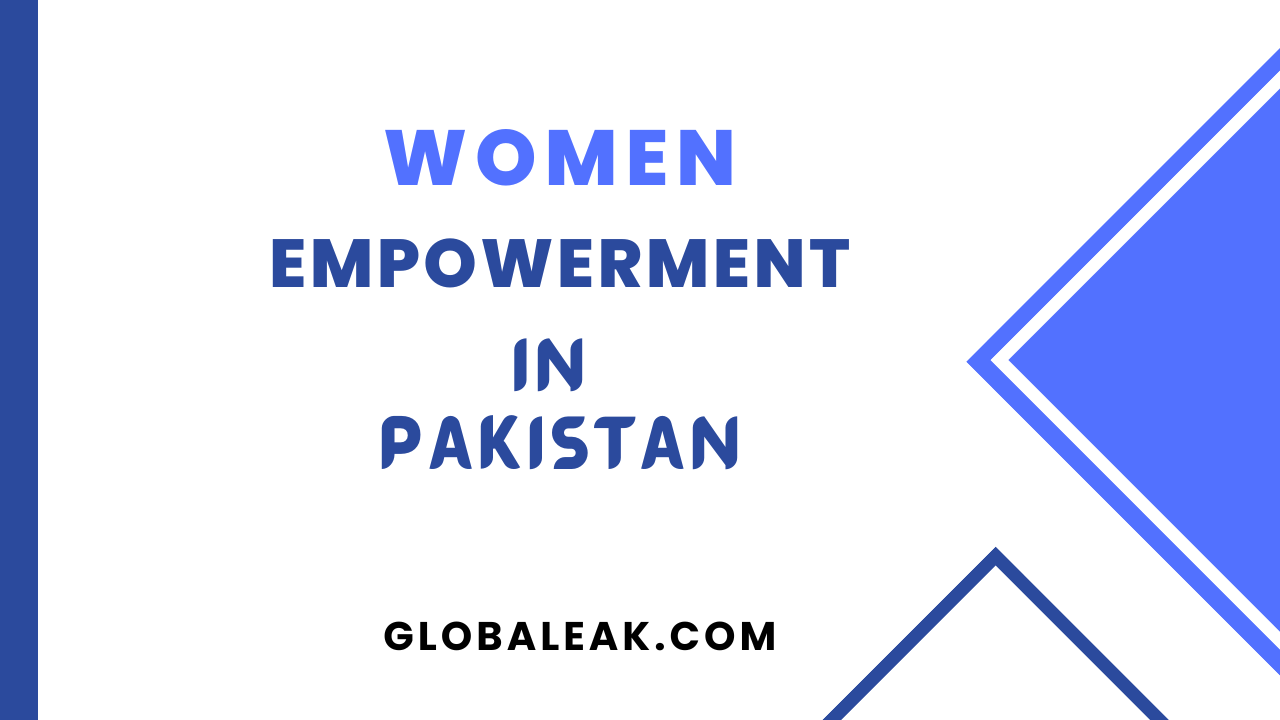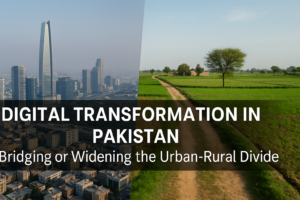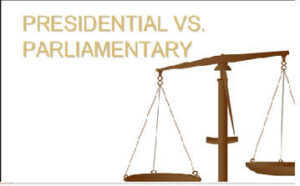Women Empowerment: A Key to Societal Progress
Women empowerment refers to the process of granting women equal rights, opportunities, and privileges as men, and enabling them to participate fully in all spheres of life, including social, economic, and political domains. It involves empowering women to make decisions, pursue their goals, and achieve their full potential, without any discrimination based on gender. Women empowerment is not only a fundamental human right but also a critical factor for societal progress and development. It plays a pivotal role in creating a more inclusive, just, and sustainable society.
Historically, women have faced numerous challenges and discrimination, including gender-based violence, limited access to education and healthcare, unequal pay, and lack of representation in decision-making processes. However, over the years, there has been significant progress in promoting women empowerment worldwide, including legal reforms, policy interventions, and awareness campaigns. Women’s empowerment has been recognized as a crucial driver of economic growth, poverty reduction, and social stability.
Why Women Empowerment is compulsory
Economically empowering women is essential for achieving sustainable development. Women constitute a significant portion of the global workforce, and their contribution to the economy is substantial. Studies have shown that gender equality in the workplace leads to increased productivity, innovation, and competitiveness. When women have access to economic resources, such as land, credit, and employment opportunities, they can invest in education, health, and nutrition for themselves and their families. This has a ripple effect on society, as empowered women are more likely to raise healthier and educated children, break the cycle of poverty, and contribute to the overall well-being of their communities.
Women Empowerment in Pakistan
Women empowerment is a pressing issue in Pakistan, a country with a patriarchal social structure where gender discrimination and violence against women are pervasive. However, in recent years, there has been significant progress in promoting women’s empowerment in various spheres of life, including economic, educational, and political domains. Despite the challenges, empowering women in Pakistan is crucial for achieving gender equality, social development, and sustainable progress.
Challenges of Women Empowerment in Pakistan
Women empowerment in Pakistan faces numerous challenges, hindering the progress towards achieving gender equality and creating an inclusive society. These challenges include:
- Limited Access to Education: Access to quality education remains a challenge for many girls and women in Pakistan. Cultural and socio-economic factors often lead to lower enrollment rates for girls, particularly in rural areas. Factors such as poverty, child marriages, and lack of infrastructure contribute to limited educational opportunities, hampering women’s empowerment.
- Patriarchal Societal Norms: Pakistan has a deeply ingrained patriarchal social structure, where traditional gender roles and norms perpetuate gender inequality. Women are expected to prioritize their roles as wives and mothers, limiting their access to education, economic opportunities, and decision-making positions. Challenging and changing these deeply-rooted norms is a significant challenge.
- Gender-Based Violence: Gender-based violence, including domestic violence, sexual harassment, and honor killings, remains a pervasive issue in Pakistan. Cultural norms, weak implementation of laws, and societal attitudes contribute to the perpetuation of violence against women. Fear of repercussions and stigma often discourage women from reporting incidents, making it challenging to address and eradicate gender-based violence effectively.
- Economic Disparities: Women in Pakistan face significant barriers in accessing economic resources and opportunities. Limited job prospects, gender wage gaps, and discrimination in the workplace create obstacles for women’s economic empowerment. Lack of access to credit, land, and financial resources further restricts their ability to start businesses or engage in income-generating activities.
- Limited Political Representation: Women’s political participation and representation in decision-making processes are relatively low in Pakistan. Cultural and societal barriers, lack of support within political parties, and limited access to political resources hinder women’s ability to actively participate in politics. The absence of women’s voices in decision-making spheres limits the effectiveness of policies and programs aimed at women’s empowerment.
- Lack of Legal Protection: Although legal frameworks exist to protect women’s rights in Pakistan, implementation and enforcement remain weak. Limited awareness of existing laws, corruption, and inadequate access to justice prevent women from seeking legal remedies and redress for gender-based discrimination, violence, and other violations of their rights.
- Access to Healthcare and Family Planning: Women’s access to quality healthcare services, including reproductive healthcare and family planning, remains a challenge in Pakistan. Cultural and religious taboos, lack of awareness, and limited availability of services hinder women’s ability to make informed choices regarding their reproductive health and family planning.
- Media Representation: Media plays a significant role in shaping public perceptions and attitudes. However, in Pakistan, media often reinforces gender stereotypes, objectifies women, and perpetuates harmful narratives. The portrayal of women in a limited and stereotypical manner hampers efforts towards gender equality and women’s empowerment.
How to Address these Challenges
Addressing women empowerment in Pakistan requires a multi-faceted approach involving various stakeholders, including the government, civil society organizations, private sector, and individuals. It requires long-term commitment, sustained efforts, and a holistic approach. By addressing the systemic barriers, promoting gender equality, and empowering women, Pakistan can foster an inclusive society that benefits from the full participation and contributions of women. Here are some key strategies to promote women empowerment in Pakistan:
- Access to Quality Education: Efforts should be made to ensure equal access to quality education for girls and women. This involves eliminating barriers such as gender stereotypes, poverty, and cultural norms that discourage girls’ education. Providing safe and inclusive learning environments, promoting girls’ enrollment, and improving the quality of education are essential steps towards empowering women through education.
- Gender-responsive Legislation and Policies: The government should enact and enforce laws that protect women’s rights, eliminate discrimination, and promote gender equality. This includes laws addressing gender-based violence, equal pay, access to education, and political representation. Policies should be designed to address the specific needs and challenges faced by women in Pakistan.
- Economic Empowerment: Initiatives should be implemented to promote women’s economic empowerment. This includes providing training and skill development programs to enhance women’s employability, creating job opportunities, promoting entrepreneurship, and ensuring equal pay and equal access to resources, credit, and markets. Microfinance programs and vocational training initiatives can play a vital role in enabling women to start and sustain their businesses.
- Political Empowerment: Efforts should be made to increase women’s political participation and representation. This includes introducing gender quotas or reserved seats for women in legislative bodies, promoting women’s leadership development programs, and creating an enabling environment for women to engage in politics. Encouraging political parties to adopt inclusive policies and ensuring women’s voices are heard in decision-making processes are vital for women’s political empowerment.
- Ending Gender-Based Violence: Addressing gender-based violence requires a comprehensive approach. This involves raising awareness about women’s rights and the importance of gender equality, implementing effective laws and regulations to protect women, and providing support services for survivors of violence. Collaboration between law enforcement agencies, judicial systems, and civil society organizations is essential to ensure the implementation of laws and effective responses to gender-based violence.
- Health and Reproductive Rights: Access to quality healthcare services, including reproductive healthcare and family planning, is crucial for women’s empowerment. Comprehensive reproductive health services should be made available and accessible, along with education and awareness campaigns to promote women’s reproductive rights and empower them to make informed choices about their health and well-being.
- Gender Sensitization and Awareness: Comprehensive gender sensitization programs should be integrated into educational curricula, workplaces, and communities to challenge harmful gender norms and attitudes. Awareness campaigns should target both men and women to promote gender equality and women’s rights, fostering a culture of respect and equality.
- Media and Cultural Transformation: Media plays a significant role in shaping public perceptions and attitudes. Efforts should be made to promote gender-sensitive and positive portrayals of women in the media. Media campaigns and public awareness initiatives can challenge stereotypes, highlight women’s achievements, and promote gender equality.
- Collaborative Partnerships: Effective collaboration among government agencies, civil society organizations, private sector entities, and individuals is crucial for the success of women empowerment initiatives. Partnerships should be forged to share resources, expertise, and experiences to amplify the impact of interventions and create sustainable change.
Conclusion
Women empowerment is a fundamental human right and a critical factor for societal progress. It is essential for achieving sustainable development, reducing poverty, and promoting social justice. By addressing the challenges that hinder women’s progress, promoting gender equality, and ensuring equal opportunities, Pakistan can unleash the full potential of its women and create a more inclusive and prosperous society.
Read Also: Corruption in Pakistan
📍 English Language Educator | Blogger & Content Strategist | 7+ Years in Educational Blogging
Nosheen Bashir is a dedicated English teacher and experienced blogger with over seven years of expertise in content creation and educational writing. Passionate about language, literature, and effective communication, she combines her teaching experience with blogging skills to create insightful, research-backed content that helps learners and educators alike.
🔹 Expertise & Achievements:
✔ English Language Education: A skilled educator with years of experience in teaching English grammar, literature, and communication skills to students of varying levels.
✔ Educational Blogging: Running a successful blog for 7+ years, delivering well-structured, engaging content on language learning, writing techniques, and academic success.
✔ SEO & Content Strategy: Specializes in creating high-ranking, authoritative articles that follow Google’s EEAT principles, ensuring content that is both informative and search-friendly.
✔ Student-Centric Approach: Committed to making English easier, engaging, and accessible, helping readers and students improve their language proficiency.
🚀 With a passion for teaching and writing, Nosheen Bashir is dedicated to crafting educational content that empowers students, teachers, and language enthusiasts worldwide.










